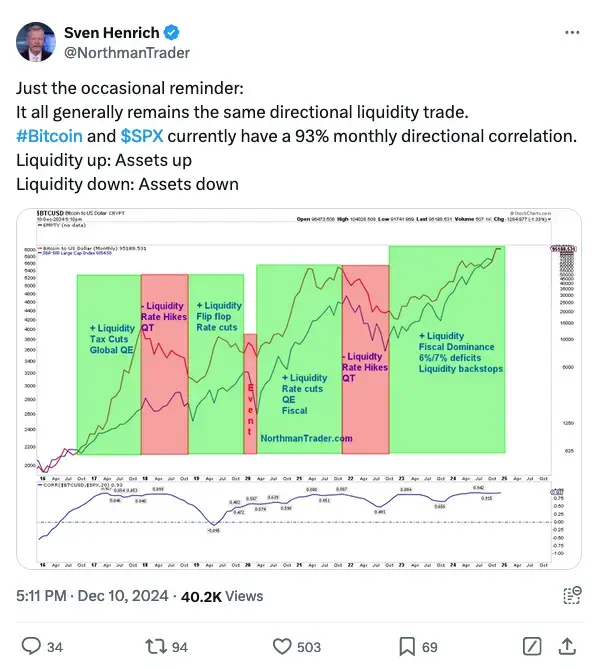theluckyluke
·If that were true, then how do you explain all the stolen crypto? If it was as public as people claim, then finding the stolen money would be easy, right?
However my point was that money laundering (making illegal money legal) is supposedly not that efficient with bitcoin, because the transactions are public. Of course, it’s literally impossible to identify who hold accounts. That said, authorities are monitoring accounts that are allegedly involved into theft etc. and therefore often the bitcoins are becoming stranded. Meaning that accounts will be frozen if transactions occur. There are billions worth of bitcoins like this, according to some estimates.
Some hackers found some ways to make a huge number of payments between various accounts, which rang alarm bells over the various bitcoin exchanges, but not quick enough for the transactions to be frozen. Making plenty of transations with various level of depth into accounts is a technique that is well known, even in the normal banking system, it’s just basically adding complexity to track flows. It’s believed that they were able to withdraw bitcoins from the system, but small amounts compared to the total they had accumulated. So there are always ways, and other methods will surely be found, like every system. But the difficulty is going out of the system, back into the usual currency world.
When it comes to virtual currencies, using virtual money from video games has actually been a large vector of money laundering in some cases. For instance, individuals creating dozens of accounts and using them to buy items on video games etc. to another account they own. They then withdraw the money from the seller account and if it appears legit and is not detected, then this is money laundering. This worked because transaction tracking is not as transparent on these systems, which are managed by the companies themselves. But of course, large quantities will always raise red flags. Some platforms have indeed shut down because of that.


